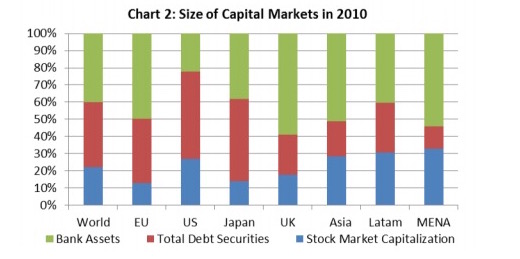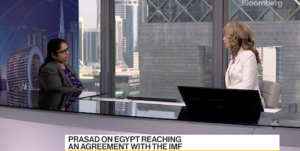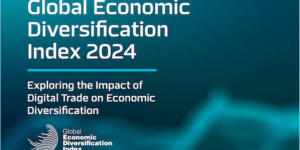DIFC Economic Note 19, titled From Frontier to Emerging – Does Market Reclassification Matter?, discusses and compares the market classification criteria and methodology used by the various index providers, including MSCI, noting the similarities and differences. MSCI have indicated that the UAE and Qatar are being considered for re-classification from Frontier to Emerging market status, subject to a number of reforms. Evidence on the effects of reclassifications in both developed and developing economies is studied in this paper and we find that while MSCI have undertaken some 14 reclassifications over the years, six of them have been downgrades while there have been no reclassification from Frontier to Emerging, yet.
Using past examples of classification changes, this paper examines the short- and long-term impacts of the reclassification – including an empirical analysis of the effects on markets returns of the classification of Egypt and Morocco as emerging markets. Our results indicate that the initial announcement of a potential reclassification leads to an “overshooting” with investors speculatively bidding up securities prices and returns prior to the actual reclassification event, leading to almost no impact post-reclassification. Additionally, too much emphasis is placed on a potential market reclassification, with many forgetting that reclassifications are best viewed as signaling a confirmation of policy reforms and changes in market conditions, which trigger the reclassification. Thus, there is an identification effect whereby improved market conditions, which are a result of policy actions and reforms (leading to a reclassification), could empirically be attributable to the reclassification itself.






